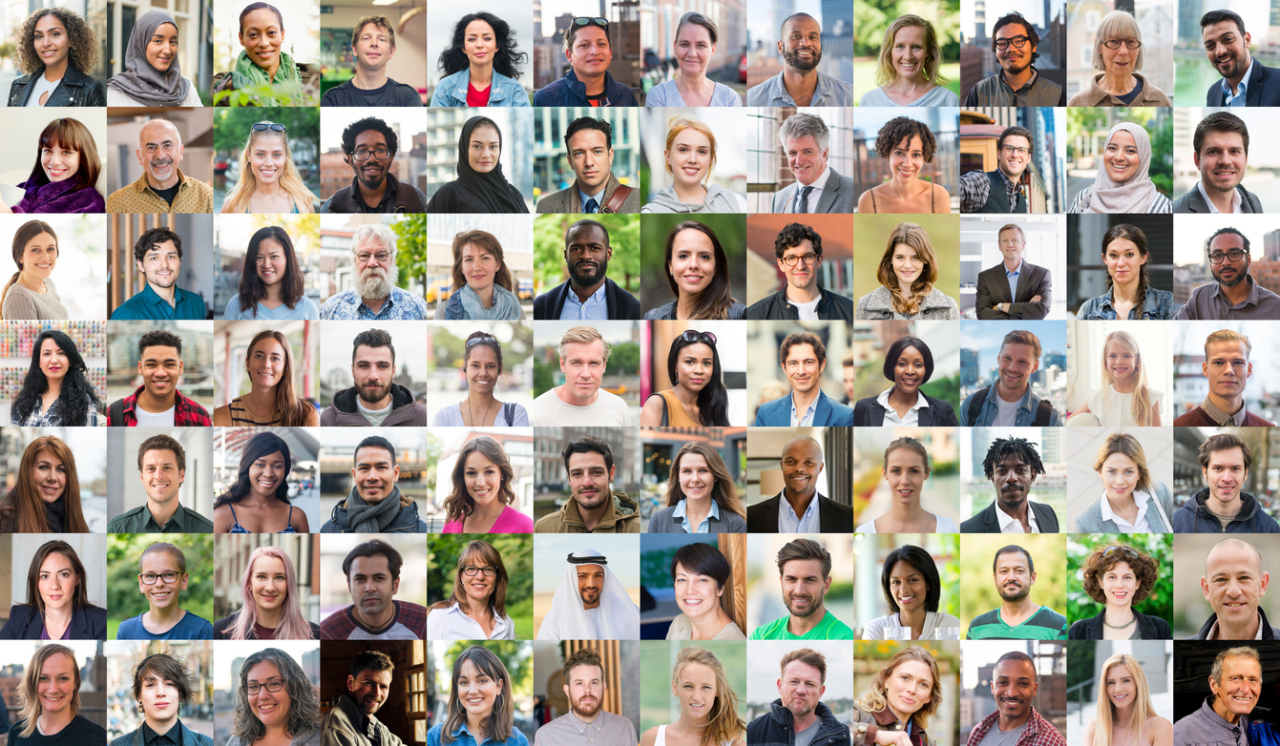
I was recently talking to a friend of mine in education and in the conversation, she made the following comment: “It’s like a war zone around here.” She made this comment after I read a social media post the day before from a well-respected education consultant telling her contacts to make sure to be kind to educators because they are all struggling. I have received similar comments from my friends in health care, developmental disabilities, and mental health. Everywhere staff shortages and increased stresses are impacting the work we do in human service-based settings. Let’s be honest, probably in all work settings. In my 34-year career, I do not remember stress levels being so high in human services across the board.
A while back I read Sebastian Junger’s book Tribe: On Homecoming and Belonging. Junger takes the reader through an exploration using anthropology, history, and psychology to show how tribes helped overcome issues that plague modern day society. How during times of war and chaos tribalism bands us together and decreases major mental health issues around depression, and suicide. However, our current situation seems not to be banding us together but pulling our society further apart. Suicide rates are up as well as hospitalization for all manner of mental health related issues. People are hypersensitive, hyper-aroused and hyper vigilant…leading them to get wore down; physically and mentally. People are looking for crisis prevention and de-escalation training as people are dealing with more and more crisis in their lives.
Amid all this I see more and more posts on self-care and self-help. Please do not get me wrong, I think much of this is good but if Junger is right, we are missing the mark. It is not about self but having people assist us in our journey and struggles. It’s about our tribe or our relationships. As someone who deals with depression, when I am in my low points my “self” is not about care or help. It’s self-pity, self-loathing, low self-esteem, and poor self-image. I cannot do it on my own. My own self is crippled and self-destructive. Why would I love if I am not worthy of love? Why would I care to work out when I don’t care about my health? I need members of my tribe to come up alongside me and get me moving and get me talking. My tribe does not push me or try to pull me. Its more egalitarian.
In the book What Happened to you? By Dr. Bruce Perry and Oprah Winfrey, Dr Perry talks about trauma and mental health recovery by what he learned 25 years ago from the Maori culture. The title of chapter 9 is ‘Relational Hunger in the Modern World’. In this chapter Dr. Perry writes “In Western psychiatry we like to separate them, but that misses the true essence of the problem. We are chasing symptoms, not healing people.” He later writes “A core element of all of the traditional healing practices was something the Maori called whanaungatanga. The word refers to the reciprocal relationships, kinship, and a sense of family connection.” We cannot truly move on from trauma or mental health and even grow until we have a sense of whanaungatanga which ultimately is found in our tribe…not self.
We have the same issues in modern day relationships it seems like as we do in our modern-day nutrition. Modern day nutrition is often about altered food that is not real but manufactured. Today’s relationships, especially with the advent of social media, are fake and manufactured. Our relationships are not deep, daily, and real but rather instant, quick texted, image manipulated and fake. If we are truly going to get through what is happening in our society, we need tribe up! To move forward, I think we need to go back. Daily real interactions with real relationships in real time. Family dinners around the table. Friends meeting for dinner with cell phones left in the cars. TV’s and computers turned off and old-fashioned board games pulled out. Laughter and storytelling around the fire pit. Together, with my tribe…
Tim Geels – Director of Implementation and Governance



